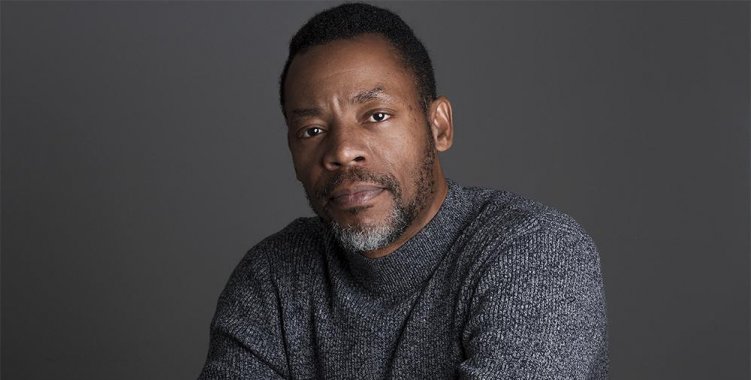Hoji Fortuna, 49, is currently rehearsing for a TVI soap opera, but this month he will be seen in the action film “Duchess Implacável”, by British director Neil Marshall, which will be released on the 29th.
In an interview with the Lusa news agency about this film, Hoji Fortuna explained that “Duchess Implacável” was already filmed in the summer of 2022 in Tenerife, Spain, and that he came to the project through a routine of participating in castings and contacts with professionals who choose the casts.
“It's an action-packed film with lots of fight and chase scenes, and it has a very interesting dramatic and romantic component. It gave me great pleasure to make it and to work with Neil Marshall”, said Hoji Fortuna, who plays Billy Baraka, a character from a group that operates in the underworld of diamond trafficking.
That routine of castings is part of the usual work of those who make a living from acting and who have the ability to have an agent. For Hoji Fortuna, it was one of the ways to reach several markets: “I have an agent in Portugal, Spain, England and Brazil”.
Hoji Fortuna had a less conventional career in acting, a field he arrived in shortly before turning 30, when he had already completed a course in Local Administration in Coimbra and had studied Law in Porto.
“I discovered acting quite late, I was 28 when I started taking my first steps and I didn’t follow the normal path, which is to attend career courses, namely at the conservatory. I took courses as my career developed”, he recalled.
His career began with extras and small roles in cinema, theatre and television, especially in comedy programmes such as “Os Malucos do Riso”, in Portugal, but Hoji Fortuna recalls that the opportunities in the Portuguese market “were limited”.
At the beginning of his career, he also participated in a reality show on the SIC television channel, “Bar da TV” (2001), which he won and which he still considers “not a good thing” for his acting ambitions, “in the sense of what people in the Portuguese market thought”.
“[These things] are not well regarded by the rest of the artistic world, the acting world, the cinema world. It’s a bit like parachuting or opportunism. (…) The programme had a positive aspect, because people had a more open perspective on people of African origin. It was much more limited and participating in that programme brought that advantage”, he considered.
Regarding New York, where he lived for six years, Hoji Fortuna agrees that it is “a very prolific place, there are a lot of people creating things, at the most varied levels”.
“When I was there, I did theatre on ‘off-off Broadway’, the rooms are more intimate. Most actors who work in cinema start out in those categories. It was a process that I went through, working here and there, and you get to know casting directors, perfecting your acting tools. That's what's been happening to me. It's a process that never ends", he said.
His professional resume includes participations in series and films in secondary roles, such as "Pan Am" (2011-2012), "Tribes of Europa" (2021) and "Moonhaven" (2022). He also appeared in "Banzo" (2024), a film by Margarida Cardoso, and "MMA – Meu Melhor Amigo", a Brazilian production by José Alvarenga Jr., which is in post-production. And he is in rehearsals for the soap opera "Huíla".
Hoji Fortuna also recalls his brief experience as an extra in one of the seasons of the series "Game of Thrones", "an interesting experience, not for the best reasons", filmed in Croatia.
“Doing ‘Game of Thrones’ as an extra was a step back from what I wanted for my career. It’s a huge production, with hundreds of ‘extras’ [extras] and the management is complicated, people are treated almost as if they were cattle, and for someone who was used to working at a different level, it wasn’t very pleasant”, he lamented.
Hoji Fortuna, who was born in Angola in 1974 and moved to Portugal at the age of 20, has also had his first experience as a director, with the short film “A Lisbon Affair” (2022).
“It’s a passion project that also has something to do with the way black people are seen in Europe. It’s a love story and we rarely see that in a narrative made in Portugal”, with black protagonists, he said.
In fact, he says about Portugal that he feels “a bit like an ‘outsider’”: “I don’t make connections, I’m not related to many people here, I know some actors, I’ve met some directors. It’s a process. We’re a small country, we can’t compare ourselves to the Brazilian market or any other market in Europe.”
Hoji Fortuna notes that “there are a lot of actors in Portugal and that it’s a very tough competition”, but it’s not yet full of diversity.
“I think there are more people of African origin playing roles in our audiovisual narrative, but I think the characters can still be better capitalized. We could have black people in more prominent positions than those that are normally reserved for them. In Portugal, we will get there at some point,” he said.







